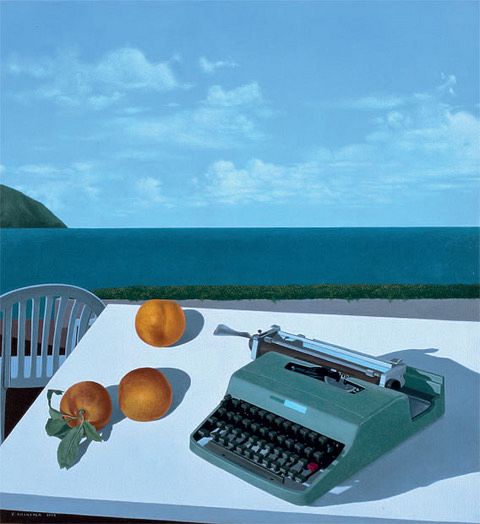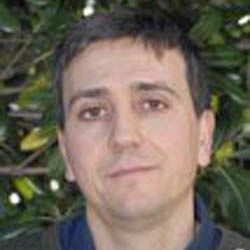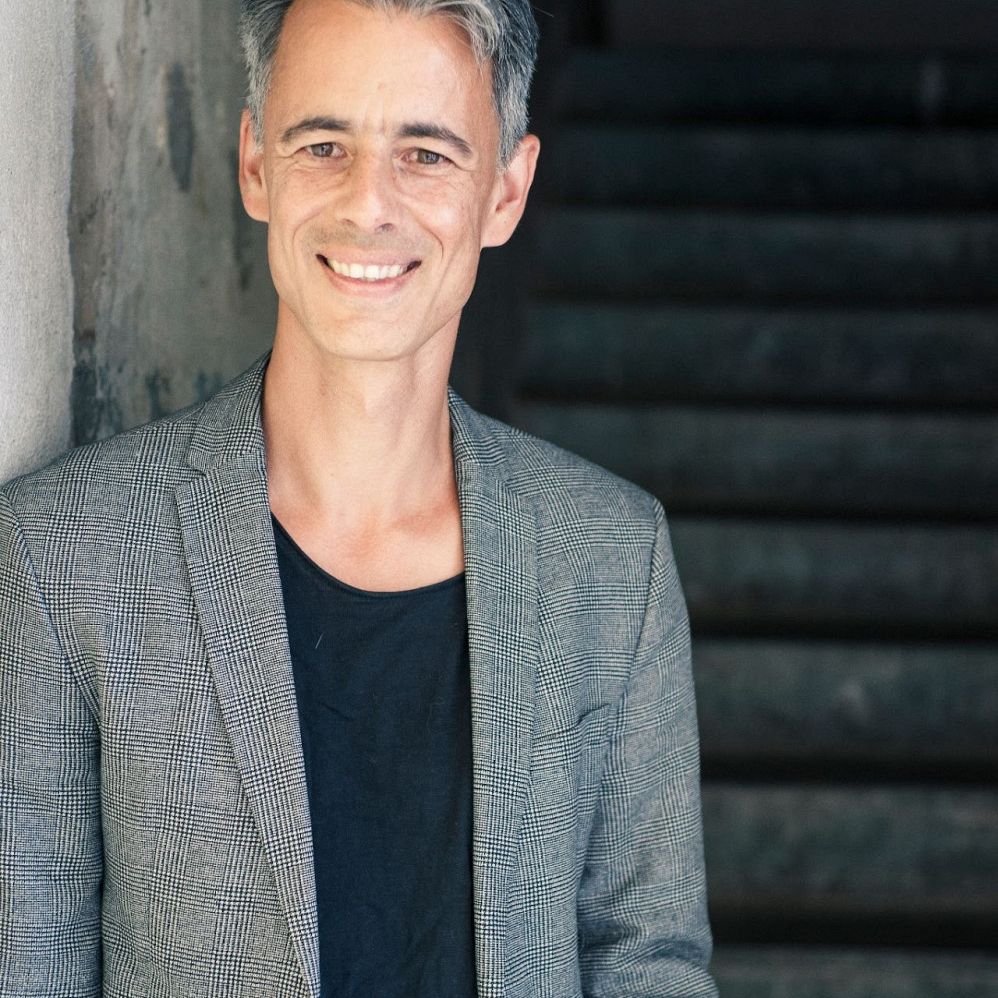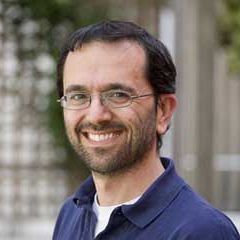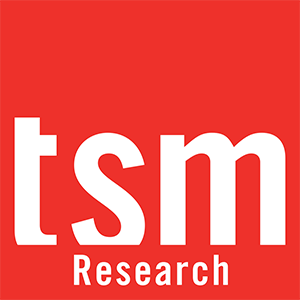SUMMER SCHOOL
Markets and Governments: a Theoretical Appraisal
FOURTH EDITION
PROPERTY, INCENTIVES AND CONFLICTS
Villa Mondragone, Rome - June, 17th-19th, 2026
“Painting by Enzo Amendola“
“Professor Hayek does not see, or will not admit, that a return to free competition means for the great mass of people a tyranny probably worse, because more irresponsible, than that of the State”, George Orwell: “A Review of The Road to Serfdom by F.A. Hayek”, Observer, April 9th 1944.
“It seems to be nothing more than simple and obvious wisdom to compare social institutions as they might be expected actually to operate rather than to compare romantic models of how such institutions might be hoped to operate. [...] The socialist mystique to the effect that the state, that politics, somehow works its way toward some transcendent “public good” is with us yet, in many guises, as we must surely acknowledge”, James Buchanan: “Politics without romance: a sketch of positive public choice theory and its normative implications”, Physica, 1979.
Why a School on Property
Property occupies a surprisingly marginal position in contemporary economic theory, despite its foundational importance to market economies. In traditional neoclassical approaches, property rights are typically assumed rather than analyzed—they constitute part of the background institutional framework that enables exchange, but are rarely treated as objects of inquiry themselves. The price mechanism and market equilibrium take center stage, while the legal and social arrangements that determine who owns what, and what ownership entails, remain largely invisible.
A notable exception is the incomplete contracts literature, which explicitly examines how the allocation of ownership rights affects final allocations. Here, property becomes analytically central: ownership is understood as conferring residual control rights over assets, and the optimal assignment of these rights emerges as a crucial determinant of organizational boundaries and economic outcomes. Yet even this strand of research treats property primarily through the lens of efficiency and incentive alignment, leaving broader questions about the legitimacy, justice, and social meaning of property largely unaddressed.
Beyond economics, property remains a vibrant topic across the social sciences and political philosophy, where a wider range of normative and analytical frameworks come into play. Legal scholars examine how property rights are constructed, enforced, and contested, while sociologists and anthropologists explore the cultural meanings and social practices surrounding ownership in different contexts. In contemporary political philosophy, debates continue between libertarian approaches that treat property rights as natural or pre-political entitlements, liberal egalitarian perspectives that subject property to principles of distributive justice, and traditions that emphasize property's role in enabling domination or fostering solidarity.
This summer school aims to bridge these diverse disciplinary perspectives, bringing together insights from economic theory, legal analysis, history, and political philosophy to develop a richer, more multidimensional understanding of property as both an economic institution and a site of normative contestation.
Programme
The school is organized over three days at Villa Mondragone, in Monteporzio Catone.
Draft Programme
JUNE 17th, 9:00-17:00
Speakers:
- Ellen Muir (Massachusetts Institute of Technology)
- Camille Landais (London School of Economics)
- Maximilian Kasy (University of Oxford) presenting his book “The Means of Prediction"
JUNE 18th, 9:00-17:00
Speakers:
- Paul Milgrom (Stanford University) Stanford University Press/Reviews of Economic Literature Lecture
- Johannes Munster (University of Cologne) lesson "Data property rights"
- Rafe Blaufarb (Florida State University) presenting his book “The Great Demarcation: The French Revolution and the Invention of Modern Property"
JUNE 19th, 9:00-17:00
Speakers:
- Michael Otsuka (Rutgers University)
- Katarina Pistor (Columbia Law School)
- Rutger Claasen (Utrecht University) presenting his book “The Purpose of Property - Towards Democratic Stewardship”
Applications
We expect to accommodate a maximum of seventy participants at the school. Interested participants should apply by filling the registration form. The deadline for applying to the school is April 17th, 2026. Acceptance decisions will be communicated by April 24th, 2026 (non EU-citizens who may need to apply for VISA can contact us if they need an earlier answer).
To ensure effective participation, and to guarantee that the available seats will actually be filled, the school requires a registration fee of 250 euros. However, we are pleased to announce the availability of several scholarships that will guarantee exemption from the tuition for selected applicants .
THE APPLICATIONS ARE OPEN
Directions and Accommodations
In what follows you can find useful indications to reach Villa Mondragone
Directions
Fiumicino Airport
From Fiumicino airport take the fast train (LEONARDO EXPRESS) to Termini railway station (departures every 30 minutes, first departure at 06:35, last departure at 23:35, ticket 9,50 €.
A taxi to reach Rome should cost around 40,00/60,00 €.
Frascati downtown can be conveniently reached from Termini central railway station by train. Trains nearly every hour; journey takes about 40 minutes. Tickets are available at the Station and cost 1,70 €.
Ciampino Airport
The following bus and train services are available from Ciampino:
• the Terravision bus (Roma Termini central station - Roma Ciampino airport )
• the Cotral/Schiaffini bus nightly connections (Roma Termini central station - Roma Ciampino airport )
• the subway + the Cotral/Schiaffini bus (Line A, Anagnina station - Roma Ciampino airport )
• the train + the Cotral/Schiaffini bus (Ciampino railway station - Roma Ciampino airport)
Back
From Termini Railway Station
Take the underground "A" to the final stop Anagnina (ticket 1 €).
From ANAGNINA underground "A" final stop catch a blue COTRAL bus direction Rocca Priora (bus-shelter n.° 6) to Monteporzio Catone and get off at the Villa Mondragone.
Frascati downtown can be conveniently reached from Termini central railway station by train. Trains nearly every hour; journey takes about 40 minutes. Tickets are available at the Station and cost 1,70 €.
By Car or Taxi/Uber
From highway A1 Milano - Napoli or from highway A24 Roma - L'Aquila/Pescara: follow direction Roma Sud, exit Monte Porzio Catone, then follow signs to Villa Mondragone and Hotel Villa Vecchia (follow the road signs for Frascati).
From downtown Rome:
take the G.R.A. (Grande Raccordo Anulare, the ring highway around Rome) to the highway A1 Roma - Napoli, then exit Monte Porzio Catone. Follow signs to Villa Mondragone and Hotel Villa Vecchia.
Accommodations
Below are some of the hotels in convention with Tor Vergata University in Frascati
- Hotel Flora, Viale Vittorio Veneto, 8, Frascati (Rome)
- Hotel Colonna, Piazza del Gesù, 12, Frascati (Rome)
- Hotel Villa Mercede, Via Tuscolana, 20, Frascati (Rome)
- Hotel Villa Vecchia, Via Frascati, 49, Frascati (Rome)
- Residence Frascati, Via Carlo Lucidi, 2, Frascati (Rome)
- Antica Terrazza Frascati, Via Garibaldi, 1, Frascati (Rome)
Organisers and Contacts
Scientific Organisers
Organising Committee
Scientific Committee
Claude d’Aspremont (Université Catholique de Louvain), Herakles Polemarchakis (Warwick University), Jean Charles Rochet (Toulouse School of Economics), John Roemer (Yale University), Philip Pettit (Princeston University)
Contacts
c/o Villa Mondragone, Monte Porzio Catone (Rome) Italy
phone: +39 06 7259 5587
e-mail: MGTA@ceistorvergata.it



